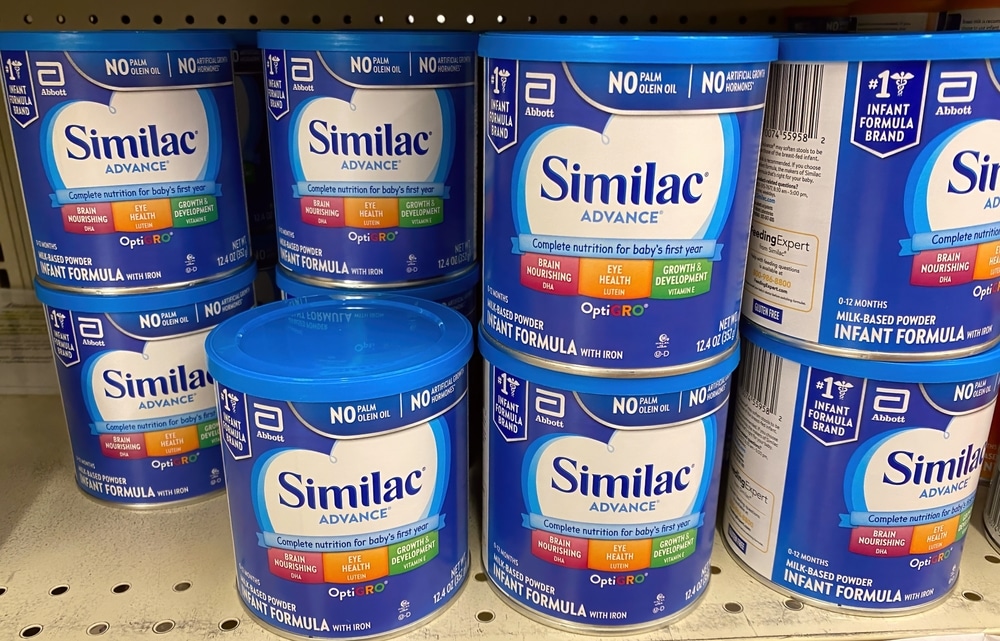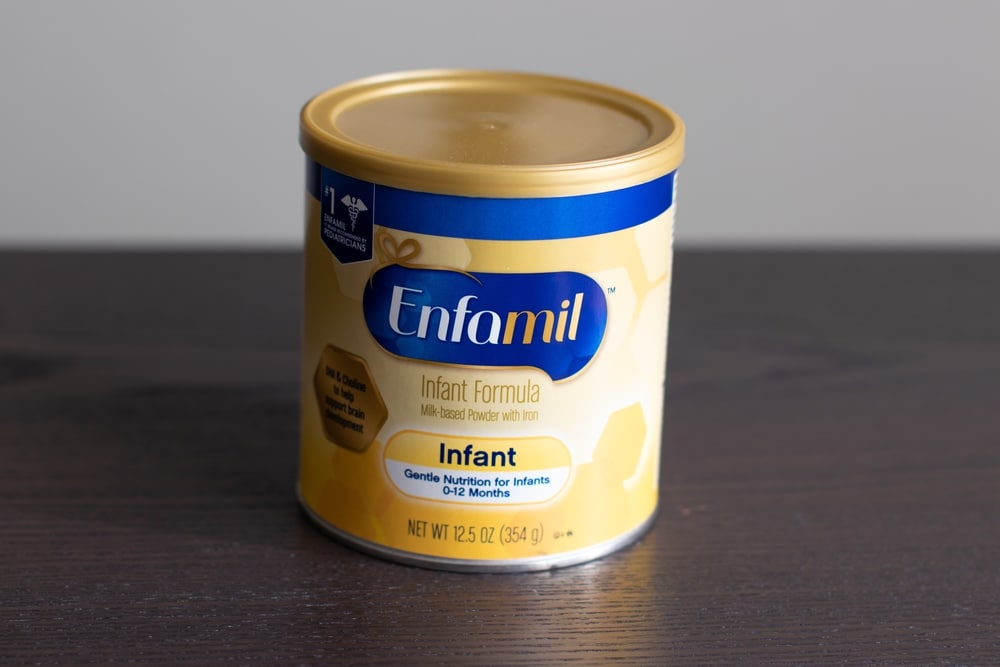Baby formula lawsuits have been piling up in response to the alarming number of premature babies being diagnosed with necrotizing enterocolitis (NEC) from cow-milk-based baby formula. NEC is an incredibly serious condition that can cause a baby to suffer severe health problems and even death. This lawsuit aims to hold the companies responsible for producing the formula accountable for their negligence and its effects on so many infants and families. In this article, Legal Favor will explore the ongoing baby formula lawsuit and how cow-milk-based baby formula has been linked to NEC.
What is Necrotizing Enterocolitis (NEC)?
Necrotizing enterocolitis is a serious illness in premature infants, which primarily occurs when the child is fed cow-milk-based formula instead of breast milk. NEC is an infection and inflammation of the intestinal wall which causes cracks and gaps. Germs are then leaked into the abdomen.
NEC can lead to a serious infection and even death if left untreated. The infection that develops as a result of NEC frequently requires surgery, which can lead to further gastrointestinal diagnoses or injuries, including Short Bowel Syndrome (SBS). SBS occurs when parts of the intestine are surgically removed, leading to decreased nutrient absorption.
What is the NEC Baby Formula Lawsuit About?
Parents have filed a lawsuit against Mead Johnson and Abbott Laboratories for their baby formula products, claiming that the companies knew or should have known their products could cause necrotizing enterocolitis (NEC). NEC is a serious gastrointestinal condition that can cause intestinal tissue death and may be fatal in up to 50% of cases. It causes intestinal inflammation that may lead to holes in the intestine and bacteria leaking into the abdomen or blood. The lawsuit alleges that manufacturers failed to warn parents and medical providers about the risk of NEC from baby formula.

What are the Links Between Cow-Milk-Based Baby Formula and NEC?
Recent studies have suggested a potential link between infant formulas like Similac and Enfamil and necrotizing enterocolitis (NEC) when given to premature infants. One study compared the medical records of neonates who received pasteurized donor human milk (PDHM) to those who received formula, finding that infants fed PDHM had fewer cases of NEC than those fed formula.
It is believed that the components of infant formula may increase the risk of NEC, as formulas made from cow’s milk lack certain protective proteins, vitamins, and minerals that are found in breast milk. A 1990 study found NEC was 6-10 times more common in exclusively formula-fed babies and three times more common in those who received formula plus breast milk.

More recently, a 2011 study from Johns Hopkins Medical Institution found extremely premature babies fed human donor milk were less likely to develop NEC than those fed a standard premature infant formula derived from cow’s milk.
These findings have led to the filing of lawsuits against infant formula manufacturers over NEC. Had the manufacturers been more forthcoming, more premature and low birth weight babies could have been given human milk, thereby preventing NEC.
Risks of Necrotizing Enterocolitis (NEC)
Necrotizing enterocolitis (NEC) is a serious condition in which parts of the baby’s intestinal tissue start to die off. The exact causes of NEC are still being researched, but it is believed to be related to the growth of dangerous bacteria in the intestine. NEC is strongly associated with being born early (before 37 weeks of gestation).
A baby who is born with a low birth weight is also at a higher risk for developing NEC. Premature babies are more vulnerable to infections and their digestive systems are not fully developed, which makes them more susceptible to NEC. Additionally, certain underlying conditions or health issues can increase the chances of developing NEC. These can include blood infections, heart defects, long-term use of antibiotics, or a compromised immune system.
NEC Baby Formula Lawsuit Qualifications
How do you know if you qualify for an NEC from baby formula lawsuit?
There are a few qualifiers many baby formula attorneys are looking. These include:
- Child must have been born prematurely (before 37 weeks of gestation).
- The child must either be:
- Under the age of 17 if they’re alive.
- Deceased (sorry for your loss), and the date of death should be less than 20 years ago.
- Premature baby was fed Enfamil or Similac brand baby formulas or milk fortifiers.
- Child must be diagnosed with either:
- Necrotizing enterocolitis (NEC)
- Ongoing gastrointestinal or other bowel conditions
- Cerebral palsy
- Neurological damage
- Scarring or strictures (narrow areas) in the intestines
- Intestinal perforation (a hole in the intestines)
- Sepsis





